/919c5545-8a75-4051-ae77-032a5ff95531.png)
Internal Audit Agenda Template | Streamline Staff & Auditor Meetings in Few Hours
Review Rating Score
Are you in need of a well-structured internal audit agenda to effectively plan and execute your internal audit processes? Look no further! At BizzLibrary.com, we offer a comprehensive and customizable internal audit agenda template that will help streamline your auditing procedures and ensure a thorough examination of your organization's operations.
The Role of an Internal Auditor
Internal auditors play a vital role in evaluating the effectiveness of an organization's internal controls, risk management processes, and overall compliance. They provide independent and objective assessments to management, helping to identify areas for improvement, mitigate risks, and enhance operational efficiency. Developing a well-organized internal audit agenda is crucial for facilitating their work.
Key Elements of an Internal Audit Agenda
An effective internal audit agenda includes specific components that guide auditors throughout the audit process. Here are some key elements:
- Audit Objectives: Clearly state the objectives and scope of the audit, outlining what aspects of the organization's operations will be evaluated.
- Timeline and Hours Allocation: Allocate appropriate time to each audit area based on its complexity, size, and risk factors. This helps ensure that sufficient attention is given to each area under review.
- Audit Areas: Identify and prioritize the areas to be audited, such as financial controls, operational processes, compliance, or specific departments.
- Audit Staff and Team Assignments: Assign auditors to specific areas or tasks based on their expertise and availability.
- Audit Procedures: Provide a step-by-step breakdown of the audit procedures to be followed, including the techniques, tools, and methodologies to be employed.
- Data Collection and Analysis: Outline the methods for gathering and analyzing data, such as interviews, document reviews, system testing, or statistical sampling.
- Reporting and Follow-up: Define the process for documenting and communicating audit findings, as well as monitoring the implementation of recommended actions.
Download Our Sample Internal Audit Agenda
Ready to optimize your internal audit processes? Download our sample internal audit agenda template in PDF format and customize it according to your organization's specific needs. It will serve as a valuable guide to help you conduct efficient and effective audits.
Visit BizzLibrary.com now to explore our extensive collection of business document templates, including internal audit reports, risk assessment templates, and more. Take control of your auditing procedures and enhance your organization's overall performance!
Is the template content above helpful?
Thanks for letting us know!
Reviews
Jeannine Ford(9/19/2023) - GBR
Grateful!!
Last modified
Our Latest Blog
- The Importance of Vehicle Inspections in Rent-to-Own Car Agreements
- Setting Up Your E-mail Marketing for Your Business: The Blueprint to Skyrocketing Engagement and Sales
- The Power of Document Templates: Enhancing Efficiency and Streamlining Workflows
- Writing a Great Resume: Tips from a Professional Resume Writer
Template Tags
Need help?
We are standing by to assist you. Please keep in mind we are not licensed attorneys and cannot address any legal related questions.
-
Chat
Online - Email
Send a message
You May Also Like
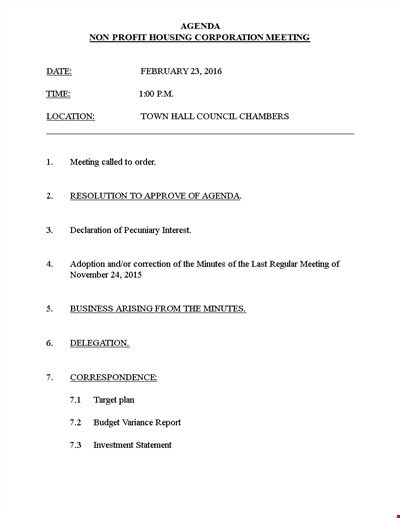
Non Profit Agenda Example
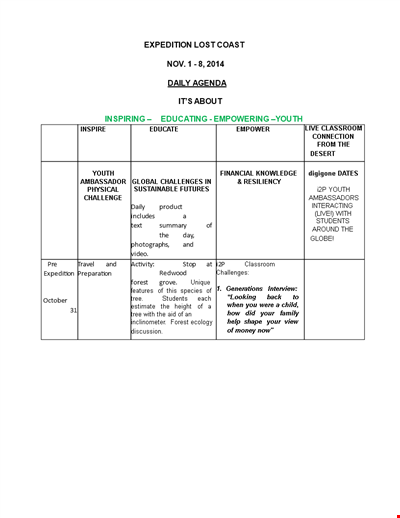
Youth Ambassadors: Daily Agenda Template for Education

District Event Agenda | Begin, Close, Matches
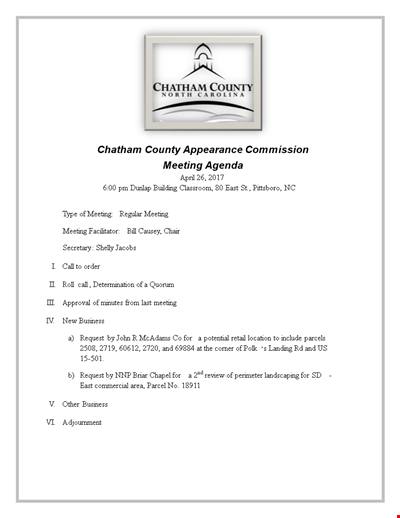
Sample Formal Meeting Agenda

General Therapy Schedule Sample
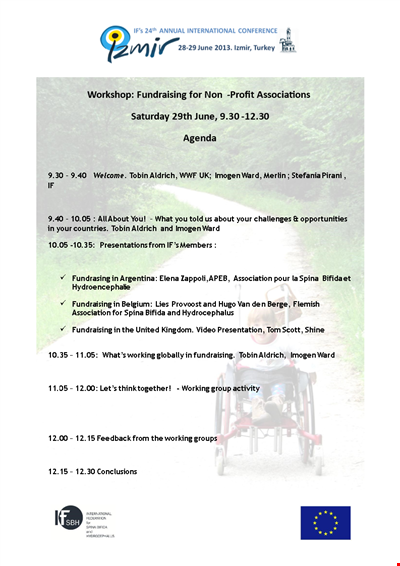
Sample Non Profit Agenda
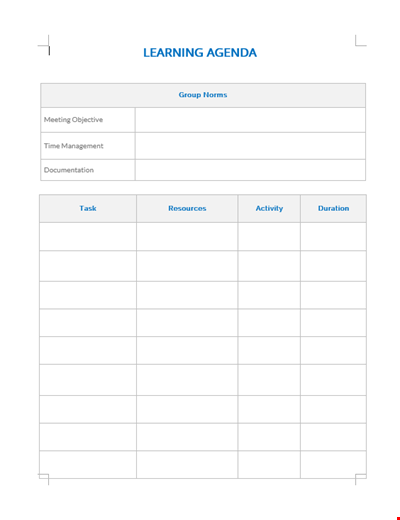
Learning Agenda Us letter Format
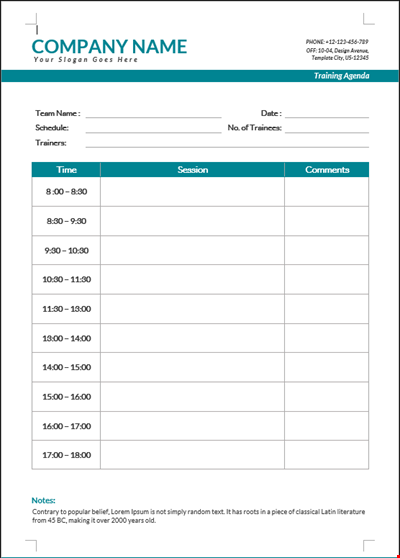
Example Training Agenda: Structured and Engaging Training for Success
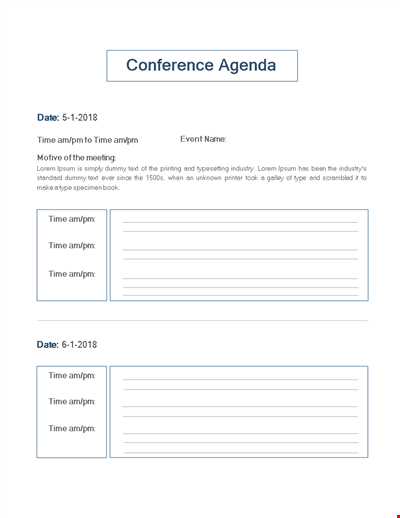
Conference Agenda Template
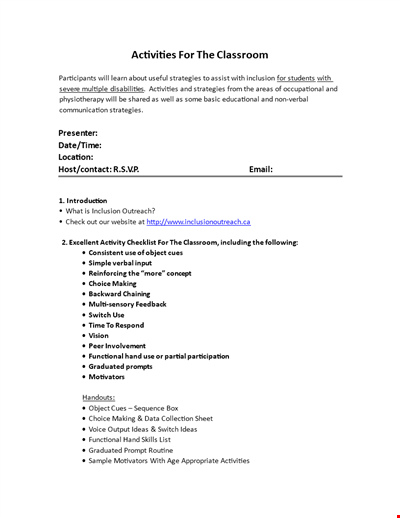
Inclusive Classroom Activities: Strategies and Examples

Create an Effective Selection Interview Agenda Template - Interview, Questions, Asking
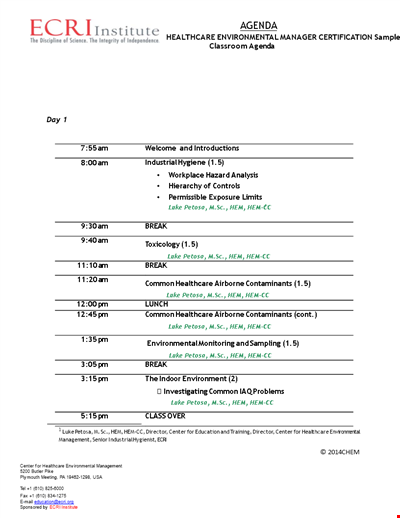
Sample Classroom Agenda - Organizing Break Time for an Engaging Learning Experience
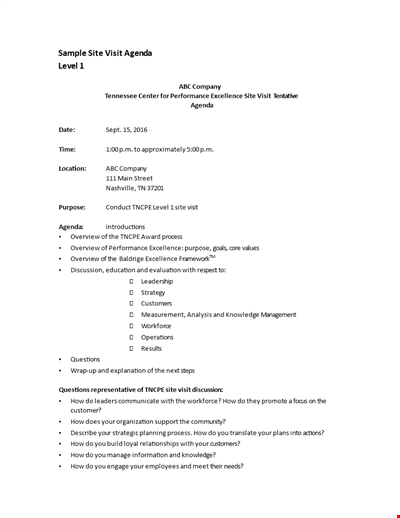
Sample Visit Agenda for Company: Excellence and TNCPE

Emergency Family Meeting: Template for Discussing Family Matters, Troop Updates, and Girls' Concerns
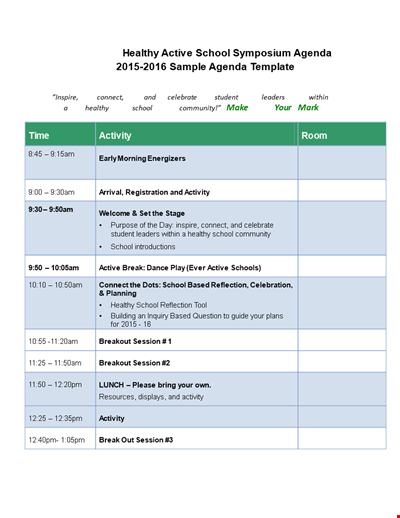
School Symposium Agenda: Promoting Healthy Activities for Students
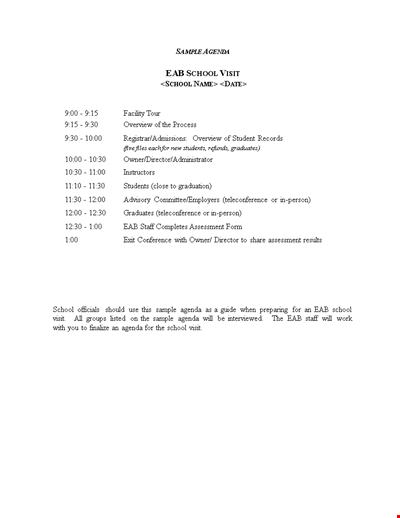
Sample School Visit Agenda for a Productive and Insightful Visit